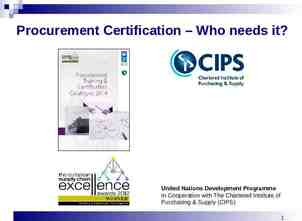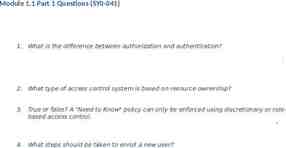Production Planning and Scheduling
16 Slides56.50 KB

Production Planning and Scheduling

Production Planning Also Known as Aggregate Planning Problem in Game: Set Production Every Period, Allocate Resources, Meet Demand Set Pt Production for t Wt Workforce for t

Production Planning Inputs: Resources (Rough-Cut Capacity Planning), Forecast, Inventory, Policies, Costs Demand Options: Pricing, Shifting Demand, Promotion, Markets for New Demand, Partnering with Suppliers, Allowing Back Orders (Shortages) Supply (Capacity) Options: Hiring/Layoff, Overtime, Temporary Workers, Inventories, Subcontracting, Expediting

Relevant Costs 1. Change in Production (E.g. Hire/Layoff) Costs 2. Inventory Holding Costs 3. Shortage Costs 4. Payroll Costs 5. Subcontracting Costs 6. Expediting Costs

Scheduling Strategies Level Workforce Steady Output Match Demand, Chase Mixed, Game Given: Beginning Inv. – Demand Pt End Inv.

Scheduling Techniques: (1) Heuristics Informal Rules that Appear to Work Rules are Developed (Often by Trial and Error) and Tested in Real World or Computer Simulation Advantage: Rules Can Be Realistic. Disadvantage: Not Optimum.

Scheduling Techniques: (2) Linear Decision Rule EOQ-Like Approach TRC Payroll Holding Shortage Change in Pt f(Pt, Wt) Calculus Used to Find Best Pt and Wt E.g. Pt .2Ft .1Ft 1 .05Ft 2 -.1It .1Wt-1 Advantage: Optimum Given that Equations “Fit”. Disadvantage: Cost

Scheduling Techniques: (3) Search Rules Used with Simulation Educated, Computer-Driven, Trial & Error Advantage: Realistic Costs, Not Optimum but Close. Disadvantage: Uses Lots of Computer Time

Master Production Schedule (MPS) Similar to Production Plan Time Periods or “Buckets” are Smaller Multiple Products are Shown: Disaggregating Done by Heuristics or Linear Programming Example on Page 658

Summary of the Scheduling Process FORECAST ROUGH-CUT CAPACITY PLANNING PRODUCTION PLAN MASTER PRODUCTION SCHEDULE (MPS) MATERIAL REQUIREMENTS PLANNING (MRP) CAPACITY REQUIREMENTS PLANNING SHOP FLOOR CONTROLS VENDOR CONTROLS

MRP Material Requirements Planning Manufacturing Resource Planning (MRP II) Translates MPS into Schedule of Component Requirements, Both Order Quantities and Times

MRP Inputs Master Production Schedule (MPS) Bill of Materials (Parts List, p. 660) Inventory Status – On Hand Lead Times

Bill of Materials: Problem 3.1 P r o d u c t S tr u c tu r e T r e e K it ( 1 ) E a r P lu g s ( 2 ) W a x (2 ) A s p ir in ( 1 ) G a s M a s k s (5 ) C a rd b o a rd (1 ) W a x (0 .5 ) B o x (1 ) L a b e l (1 )

Problem 3.1 a Ear Plugs (2 x 1000) 2000 Aspirin (1 x 1000) 1000 Gas Masks (5 x 1000) 5000 Boxes (1 x 1000) 1000 Labels (1 x 1000) 1000 Cardboard (1 x 5000) 5000 Wax (2 x 2000) (.5 x 5000) 6500 Labor Hours (.08 x 2000) (.1 x 5000) 660

Problem 3.1 b,c b. Adjustment for Scrap: Scheduled Units MRP / (1 – Scrap %) Scheduled Units 5000 / .97 5155 c. Standard Time ST 0.66 / 0.8 MRP / (1 - % Delay) 0.825 Hours Actual Time ST / Labor Efficiency AT 0.825 /.9 0.920 Hours







